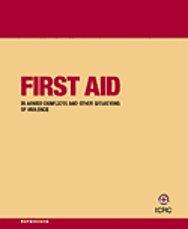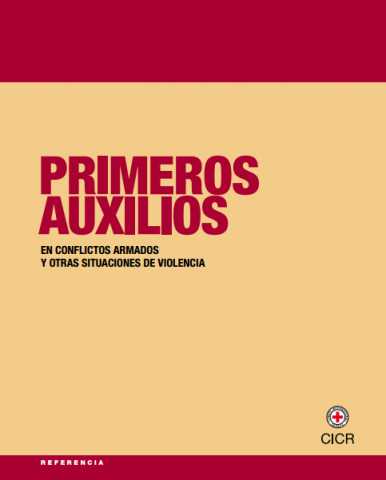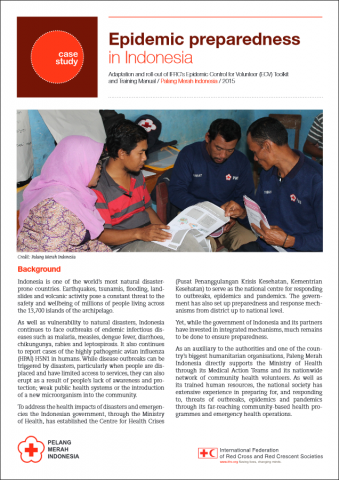Case study 9 – “Practice-based learning” to create resilient communities in Nicaragua
The advance of the agricultural frontier and inadequate agricultural practices have contributed to environmental degradation in the sub-watersheds of the Tapacalí and Inalí rivers in the department de Madriz, Nicaragua. Meanwhile, a lack of knowledge and environmental awareness increases the communities’ vulnerability to socio-natural threats. Addressing that vulnerability through an innovative approach that integrates disaster risk […]
Case study 9 – “Practice-based learning” to create resilient communities in Nicaragua Read More »



